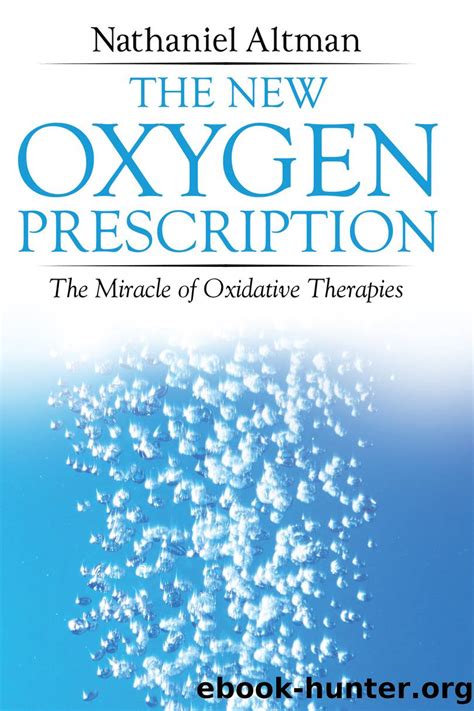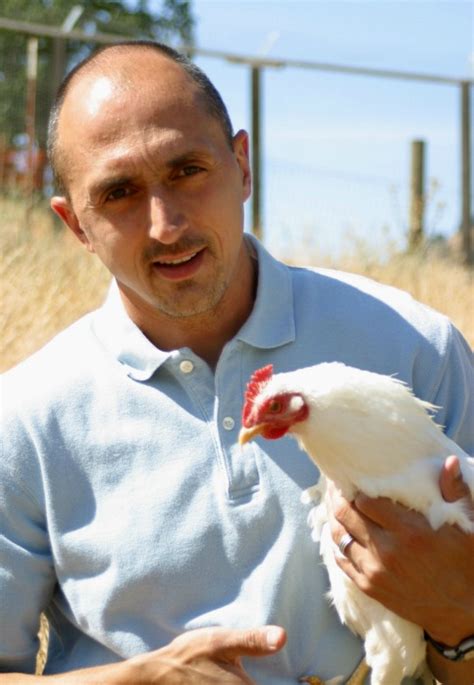A Quote by Nathaniel Altman
Although other animals cannot reason nor speak the way humans do, this does not give us the right to do with them as we like. Even though our supposed possession of a soul and superior intelligence are used to create an arbitrary dividing line over rights, the fact remains that all animals have the capacity to experience pain and suffering, and in suffering they are our equals.
Quote Topics
Related Quotes
Many animals experience pain, anxiety and suffering, physically and psychologically, when they are held in captivity or subjected to starvation, social isolation, physical restraint, or painful situations from which they cannot escape. Even if it is not the same experience of pain, anxiety, or suffering undergone by humans- or even other animals, including members of the same species- an individual's pain, suffering, and anxiety matter.
A bear and a deer are both wild animals. We allow the deer to roam in our backyard but we do not give the same right to the bear. It is because the bear is dangerous. Neither the bear nor the deer have rights. We humans give them rights. Taking in account our own security, we give to some animals some rights and deny the same to other animals.
Humans — who enslave, castrate, experiment on, and fillet other animals — have had an understandable penchant for pretending animals do not feel pain. A sharp distinction between humans and 'animals' is essential if we are to bend them to our will, make them work for us, wear them, eat them — without any disquieting tinges of guilt or regret. It is unseemly of us, who often behave so unfeelingly toward other animals, to contend that only humans can suffer. The behavior of other animals renders such pretensions specious. They are just too much like us.
The suffering that food animals undergo, the suffering of those who eat them and profit by them, the suffering of starving people who could be fed with the grain that feeds these animals, and the suffering we thoughtlessly impose on the ecosystem, other creatures, and future generations are all interconnected. It is this interconnectedness of suffering, and its reverse, of love, caring, and awareness, that calls out for our understanding.
It has been an obsession of human beings to create a hierarchy that places the human species on top and lumps all the "other animals" together beneath us. The resulting "speciesism" allows us to look upon animals as less deserving of all manner of rights and considerations than humans. To support this lower status, humans have argued that animals act instinctually; don't have souls; don't feel physical pain like we do; and lack self-consciousness, cognitive intelligence, emotional feelings, morality, and ethics.
I don't hold animals superior or even equal to humans. The whole case for behaving decently to animals rests on the fact that we are the superior species. We are the species uniquely capable of imagination, rationality, and moral choice - and that is precisely why we are under an obligation to recognize and respect the rights of animals.
Dominion does not mean domination. We hold dominion over animals only because of our powerful and ubiquitous intellect. Not because we are morally superior. Not because we have a "right" to exploit those who cannot defend themselves. Let us use our brain to move toward compassion and away from cruelty, to feel empathy rather than cold indifference, to feel animals' pain in our hearts.
The intelligence displayed by many dumb animals approaches so closely to human intelligence that it is a mystery. The animals see and hear and love and fear and suffer. They use their organs far more faithfully than many human beings use theirs. They manifest sympathy and tenderness toward their companions in suffering. Many animals show an affection for those who have charge of them, far superior to the affection shown by some of the human race. They form attachments for man which are not broken without great suffering to them.
Forgiveness is the only way to break the cycle of blame-and pain-in a relationship...It does not settle all questions of blame and justice and fairness...But it does allow relationships to start over. In that way, said Solzhenitsyn, we differ from all animals. It is not our capacity to think that makes us different, but our capacity to repent, and to forgive.
Our possibilities of happiness are already restricted by our constitution. Unhappiness is much less difficult to experience. We are threatened with suffering from three directions: from our own body, which is doomed to decay and dissolution and which cannot even do without pain and anxiety as warning signals; from the external world, which may rage against us with overwhelming and merciless forces of destruction; and finally from our relations to other men. The suffering which comes from this last source is perhaps more painful to us than any other.
Typically, defenders of experiments on animals do not deny that animals suffer. They cannot deny the animals' suffering, because they need to stress the similarities between humans and other animals in order to claim that their experiments may have some relevance for human purposes. The experimenter who forces rats to choose between starvation and electric shock to see if they develop ulcers (which they do) does so because the rat has a nervous system very similar to a human being's, and presumably feels an electric shock in a similar way.
Our Heavenly Father and our Savior, Jesus Christ, know us and love us. They know when we are in pain or suffering in any way. They do not say, ‘It’s OK that you’re in pain right now because soon everything is going to be all right. You will be healed, or your husband will find a job, or your wandering child will come back.’ They feel the depth of our suffering, and we can feel of Their love and compassion in our suffering.
Surely it should be a matter of moral responsibility that we humans, different from other animals mainly by virtue of our more highly developed intellect and, with it, our greater capacity for understanding and compassion, ensure that medical progress slowly detaches its roots from the manure of non-human animal suffering and despair.
































